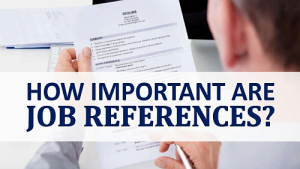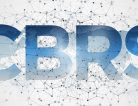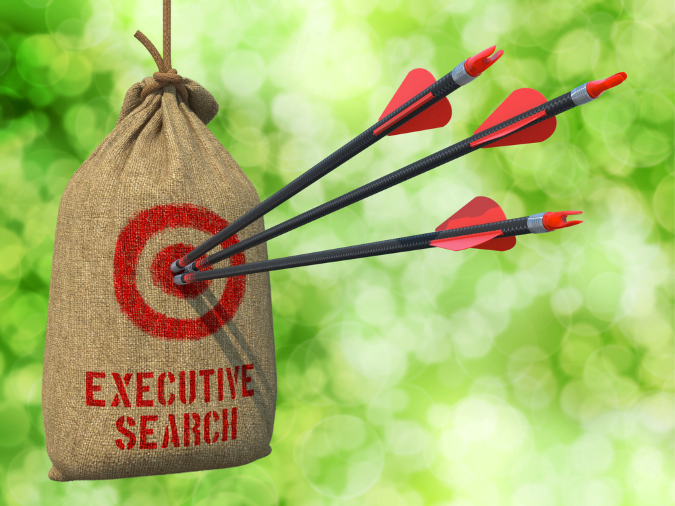All companies expect job references, aka professional and employment references to be conducted prior to making an offer of employment or shortly thereafter. Nine times out of ten these are pre-determined references provided by the candidate. Some may well include former bosses, former or current colleagues, and industry references.
That is the real question. Many of these are in fact “personal relationships” where the person(s) providing the employment references will give a glowing reference (call it pre-defined or pre-arranged) that is neither spontaneous and often times misleading. Since I am obligated to deliver a short list of candidates, I do not wait for a pending offer to conduct employment references and comprehensive background checks.
Don’t Use Outdated Process for Job References
In the 21st century, we live in a constantly moving and increasingly social media world. Employees’ reputations – both professional and personal – can impact a company’s corporate image, affect how they are viewed by customers and vendors, and can project either a positive or negative social image of the company. With that in mind, the employment verification call that includes employment references aka job references directly from Human Resources or the supervisor of said former employee is useless fodder.
 Same goes for accepting verbatim without question those provided by the candidate as they are so often former colleagues who are great friends unwilling to look past a biased lense. After identifying a target list of potential candidates through my Rolodex, networking, and referrals, I conduct one to two pre-screening interviews with the objective of understanding the motivations, skills/experience, and accomplishments of those potential candidates. If I am satisfied, they move forward to deeper interviews on my candidate shortlist.
Same goes for accepting verbatim without question those provided by the candidate as they are so often former colleagues who are great friends unwilling to look past a biased lense. After identifying a target list of potential candidates through my Rolodex, networking, and referrals, I conduct one to two pre-screening interviews with the objective of understanding the motivations, skills/experience, and accomplishments of those potential candidates. If I am satisfied, they move forward to deeper interviews on my candidate shortlist.
Use Behavioral Analysis Prior to Making Job References Calls
I have the potential shortlisted candidates take an online 10 minute behavioral survey. This customized testing produces a Behavioral Analysis on a candidate’s motivations, values, decision making traits, aptitudes, communications style, and whether they are a Natural Fit with the team AND the role.Once armed with that analysis, I have sufficient data needed to conduct professional job references calls that are relevant to the role itself. Most search firms simply accept employment references provided solely by the candidates.
What I ask from each candidate is for two each of the following current or former (within last 5 years) by name, phone, email, title, and relationship as follows: superiors/managers they reported to, subordinates that reported to them, internal customers in their respective positions, external customers, peers or colleagues (professional references NOT like any of the above), and personal and/or community go one step further in validating the list of these employment job references requested of the candidates.
I research, identify, and cold call former internal/external customers, colleagues, and vendors that were NOT supplied. These validate the professional references the candidate provided while at the same time reveal the best unscripted job references possible.There are a growing number of companies who save time by automating job references checks.
Some are pre-defined standard Human Resources types of questions. Others allow you to add your own questions for professional references checking. Thee system sends out emails, the contacts answer the questions online, and you get the results.The problem here is that the human factor does not exist. You cannot hear and ask additional questions based upon what you actually hear and perceive, as well as lacks ability to build a relationship with these professional employment job references. The truth is that I gain new relationships, fresh perspectives, and sometimes additional retained searches by conducting professional job reference calls the best way possible.








